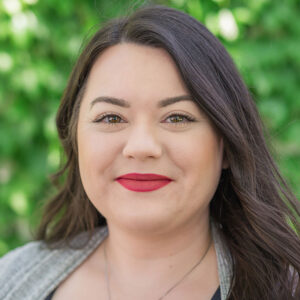In our journey toward self-discovery and personal growth, one of the most important lessons we learn is how to embrace setting boundaries — a concept often intertwined with practicing saying “No.”
Why should you embrace setting boundaries?
Consider this: Every time you avoid the momentary discomfort of turning someone down by saying “Yes” to something you don’t truly want or don’t have the capacity for, you’re inadvertently compromising your own mental, emotional, and physical health.
Let’s delve deeper into this. When our default is to say “Yes” to things because we want to avoid the discomfort of disappointing someone, we’re essentially practicing how to disregard or devalue our own needs and desires. This pattern, though often well-intentioned, can lead to feelings of resentment, exhaustion, and even a loss of identity.
When should you say “Yes?”
Of course, living among other humans means that sometimes we will need to compromise, or be inconvenienced in order to nurture someone else. That’s just part of belonging to a larger “We.” But taking on these inconveniences or compromises should be spread out evenly. In healthy relationships everyone sometimes has to take on a bit of inconvenience, and that’s OK. When we balance saying “Yes” with saying “No,” we practice self-compassion. Saying “No” is a way of honoring our own limits and priorities and recognizing that all of our our time, energy, and resources are finite and precious.
Embrace the discomfort of “No”
As your therapist, I want to encourage you to embrace the discomfort that comes with setting boundaries. It’s not an easy journey, but it’s a necessary one for your growth and well-being. Start by tuning into your inner voice — what is it telling you? What do you truly need in this moment?
By saying “No” when necessary, you’re not only prioritizing your own self care, but you’re also modeling healthy behavior for those around you. You’re teaching others that it’s ok to set boundaries and to communicate honestly — this can lead to deeper, more fulfilling relationships.
So, as we continue on this journey together, I invite you to explore the power of saying “No.” Embrace it as a tool for self-discovery, empowerment, and healing. Trust in your ability to set boundaries that honor your needs and honor your truth. And if that doesn’t work — reach out to our team at Mirjam Quinn & Associates, and we will connect you with one of our therapists who specializes in boundary work.


